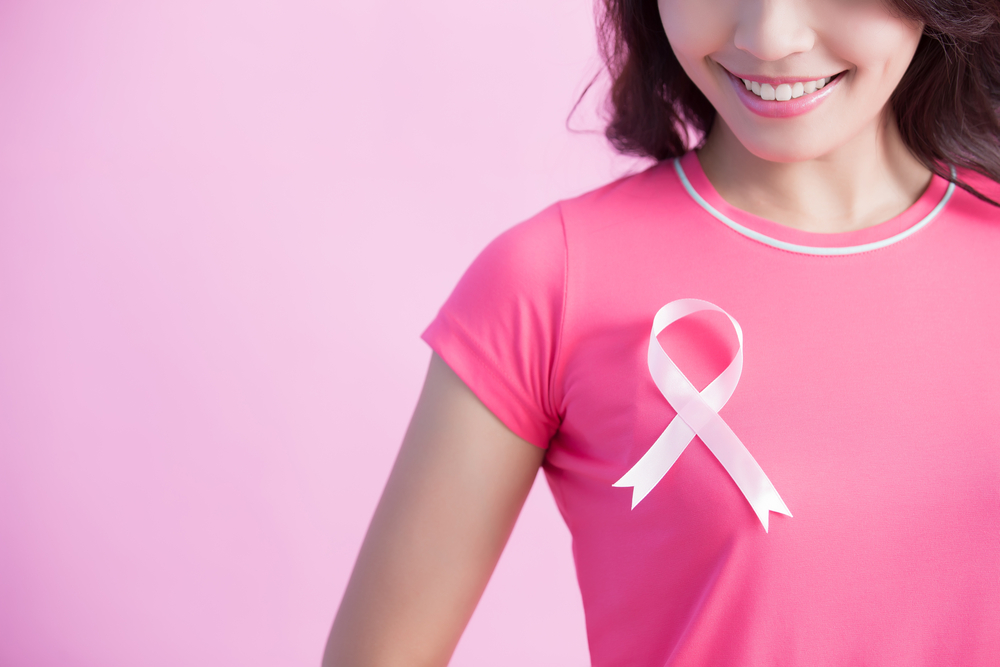<p style="text-align: justify;">There’s more awareness than ever surrounding cancer these days. Sports teams have special theme nights devoted to cancer awareness. The month of October is awash with pink, as everyone from your cell phone provider to your favorite ice cream shop wants to let you know that they support the fight against breast cancer. The usefulness of such public statements has been debated for a while now, as some health advocates fear “pinkwashing” is just a lazy way for companies to try to look compassionate. There’s also some concern about how simple awareness isn’t enough; we need to do more to find cures for each and every type of cancer.</p>
<h2 style="text-align: justify;"><b>Looking at the odds </b></h2>
<p style="text-align: justify;">Each side has their points, and it’s easy to get overwhelmed. It’s also easy for women to feel like they’re doomed to get breast cancer. All the breast cancer publicity can make it seem like something that’s inevitable. It’s not. Yes, there are some scary statistics out there, like the one that says <a href="http://www.regionalcancercare.org/cancer-types/breast-cancer/">1 in 8 women will develop breast cancer</a>. But that also means 7 out of 8 women won’t get breast cancer. They’ll go from birth to death completely free of the disease.</p>
<p style="text-align: justify;">This isn’t to minimize the terror that most women feel when a doctor diagnoses them with breast cancer. It may help some people to know that, according to the American Cancer Society, a woman has a 1 in 37 chance of dying from breast cancer. Breast cancer is not the death sentence it was just a few years ago, especially if it’s detected early. There’s a world of difference between Stage I breast cancer and Stage IV breast cancer.</p>
<p style="text-align: justify;">There are about three million breast cancer survivors in the United States alone. The fact that so many people have battled breast cancer and lived to tell the tale should provide some comfort, even though recurrences are always possible.</p>
<h2 style="text-align: justify;"><b>Risk factors</b></h2>
<p style="text-align: justify;">Figuring out risk factors for cancer is a tricky proposition. In some cases, genetics can play a part, especially if you’re unlucky enough to carry a particular genetic mutation. Your weight, diet, and the amount of exercise you get can also be risk factors. That doesn’t mean going jogging every day will mean you never get cancer; it’s just one piece of a complicated puzzle.</p>
<p style="text-align: justify;">You can and should try to live a healthy life, but it doesn’t guarantee you anything. It’s important to have regular check-ups with <a href="http://vanguardmedgroup.com/">a doctor who specializes in women’s health</a>. If you develop a lump that concerns you, it’s always better to get it checked out than to sit around worrying. Do research into breast cancer charities and find one or two that seem worthy of support. It sounds cheesy, but do your best to be in the moment and appreciate what you have.</p>
<p style="text-align: justify;">And one other thing: don’t smoke. Lung cancer is the cancer that kills the most women every year. It’s deadlier than breast cancer, even though it doesn’t get as much press.</p>

Educate Yourself About Breast Cancer Without Getting Scared
